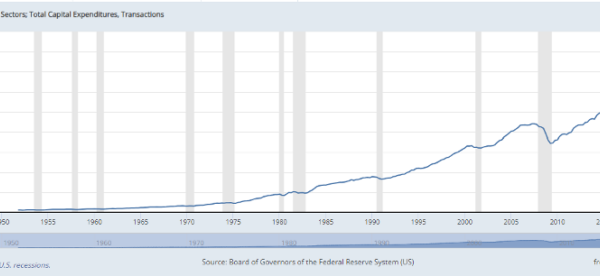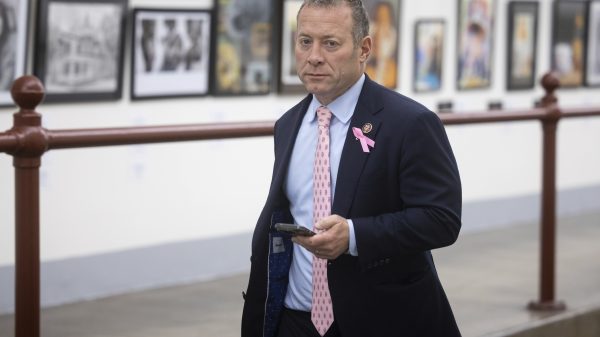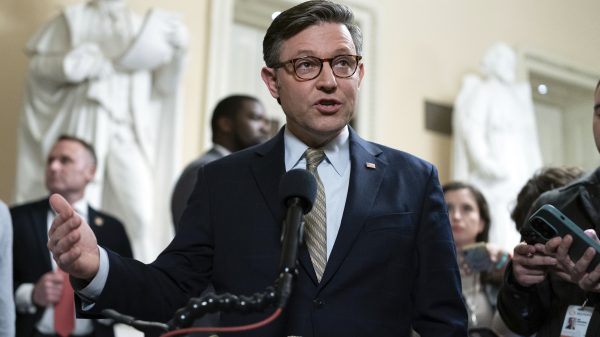In announcing his Commerce secretary pick Tuesday, President-elect Donald Trump also suggested he wants to dramatically reorder how trade policy is made in Washington.
Congress will likely have something to say about that.
Trump tapped Howard Lutnick for the role, saying in a statement that his transition co-chair and Wall Street billionaire will “lead his tariff and trade agenda” and will have “direct responsibility for the Office of the United States Trade Representative.”
But as numerous trade policy experts immediately pointed out, the move could set off a battle with Congress over who controls trade policy in the next Trump administration.
“I think keeping the independence of USTR is very important, but also it is an offshoot of congressional authority,” said Rep. Richard Neal (D-Mass.) the top ranking Democrat on the House Ways and Means Committee. USTR “was constructed by Congress. The only way it can be deconstructed is by Congress.”
Specifically, Congress passed a law to create the role of USTR and make it a part of the executive office of the president, noted Bill Reinsch, a former senior Commerce official and Scholl Chair in International Business at the D.C. think tank Center for Strategic and International Studies. Reinsch also pointed out that the two congressional committees that oversee USTR and trade policy, House Ways and Means and Senate Finance, “have not taken kindly to efforts to diminish its importance.”
The Commerce Department, which is overseen by the Senate and House Commerce Committees, is responsible for some aspects of trade, including setting national security-based restrictions on exports and punishing unfair trade of specific products. Since Congress established USTR in 1962, lawmakers have expected the office to take the lead on more strategic decisions such as which countries to negotiate trade deals with and broader tariff policy.
The idea of consolidating USTR’s role under the Commerce Department “has been out there for many decades,” said Everett Eissenstat, who served as Trump’s deputy assistant for international economic affairs in his first term. “The statute has never been changed, though, because you have to have Congress change it.”
But Eissenstat added that it will be up to Trump “who actually speaks for the president on trade.”
“You know, you could have one office with statutory authority that is not very powerful,” he continued, “and the other is kind of bestowed with the president’s voice, and they can have a significant impact.”
That’s what happened in Trump’s first term, at least in the first few months. Wilbur Ross, Trump’s first term Commerce secretary, was initially designated as the administration’s lead official on trade. Trump had even said Ross would represent the U.S. in the renegotiation of NAFTA.
That changed after Robert Lighthizer, who served as U.S. trade representative, was confirmed almost four months after Trump took office. The longtime trade attorney and former official soon became the face of Trump’s trade agenda, using his legal expertise to make good on Trump’s promise to hit China with tariffs and renegotiate trade deals.























